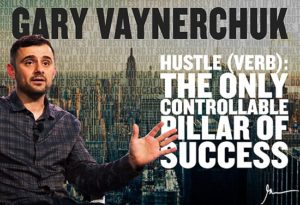If you’re like me you took some time over the holidays to reflect and to think about how you could make your next year on this earth the best one yet!
One of my “areas of opportunity” (HR speak for “stuff I suck at”) is I’m rarely satisfied with my outcomes. So, of course I want to do more in 2019!
I’m an advocate of doing the hard stuff first. The stuff we don’t want to do. The stuff we put off way too easily. So, as we all get back into the groove, let’s get the stuff done we don’t want to do!
Here are some things you might want to put on the list:
- Discover and establish the measures that have the actual most impact to your recruiting success. I’m going to tell you right now, those probably aren’t “Time to Fill” and “Quality of Hire”. Those actually have little impact to you recruiting talent to your organization and filling jobs.
- Start measuring recruiter activity metrics and establish a baseline of activity, then work to increase those outputs. Every year the recruiter in my environment who sends out the most screened candidates to hiring managers makes the most placements. This is not by accident.
- Fire the person on your team that needs to be fired. Well, I had a talk with Timmy and he assured me he’s going to try harder in 2019. No, he isn’t. Do yourself and your team a favor and give Timmy a gift of finding a job and place where he actually wants to give great effort.
- Sit down with the hiring manager of your most difficult to fill position and have them tell you what they will be doing over the next 30 days to fill that position. Not what you will do, what they will do! One suggestion to help them – bring in their entire team and take thirty minutes to source their networks live all together in the same room.
- Figure out which part of your technology that your team is not using and call that vendor and tell them you need the entire team retrained on how to get the most out of that tool or you won’t be signing a contract with them to continue in 2019.
I start with measurements because that will have the fastest impact on your recruiting success. If you don’t measure now, or have weak measures, understand when you put in strong measures your team will revolt. So, it might get worse before it gets better, but it will get exponentially better!
Hit me in the comments and tell me what’s number 1 on your list for 2019. I’m told that putting stuff in writing and making it public gives you a much higher chance of actually making it happen! Let’s do this!

